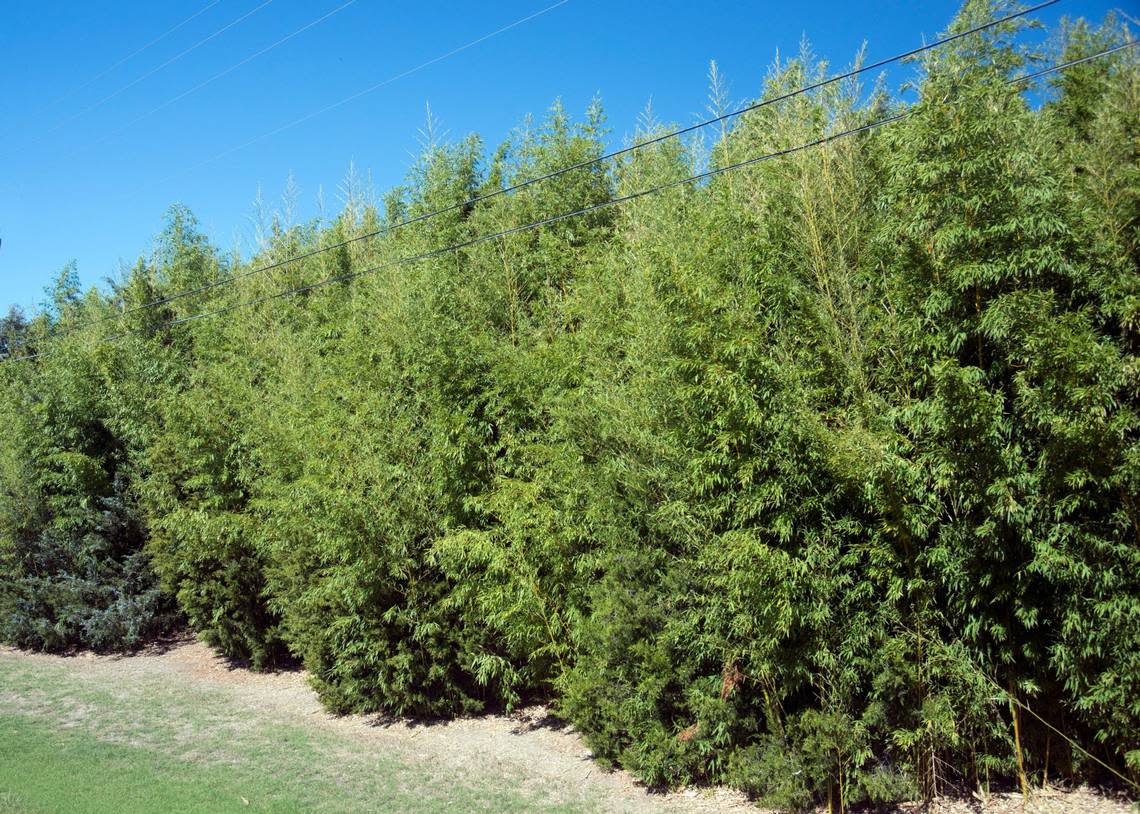In Texas, planting these 10 plants could land you in jail with a hefty fine. But why?

It’s a fact that growing marijuana plants in Texas is illegal. But several other plants are also on the list that are deemed noxious and invasive. Growing them could land you in jail.
The Texas Department of Agriculture says any plant species that has a serious potential to cause economical or ecological harm to the agriculture, horticulture, native plants, ecology and waterways of Texas is considered noxious and invasive.
A noxious weed is any plant designated by a Federal, State or county government as injurious to public health, agriculture, recreation, wildlife or property. Certain characteristics determine the difference between a weed and noxious weed – or whether the weed in question might actually fit into multiple categories.
⚡ More trending stories from our newsroom:
→ Supermodel Bella Hadid moves to Fort Worth to be with cowboy.
→ If you quit a job in Texas, you could still get unemployment
→ Is this 50-acre Fort Worth ranch really worth $15.9M?
The most invasive plant in Texas is the common bermudagrass (Cynodon dactylon). In certain cases, like a lawn or grazing pasture, it is extremely valuable to the landowner. Common bermudagrass spreads through the devices of stolons, rhizomes and production of viable seeds.
Citrus, orange jasmine, plants closely related to citrus (Family Rutaceae, Subfamily Aurantioideae), and certain palm species are prohibited entry under the state quarantines. Possessing an illegal plant in Texas is a Class B Parks and Wildlife Code misdemeanor punishable by a fine ranging from $200 to $2,000, a maximum 180-day prison sentence, or both.
Here are a few other illegal plants that you may be familiar with:
